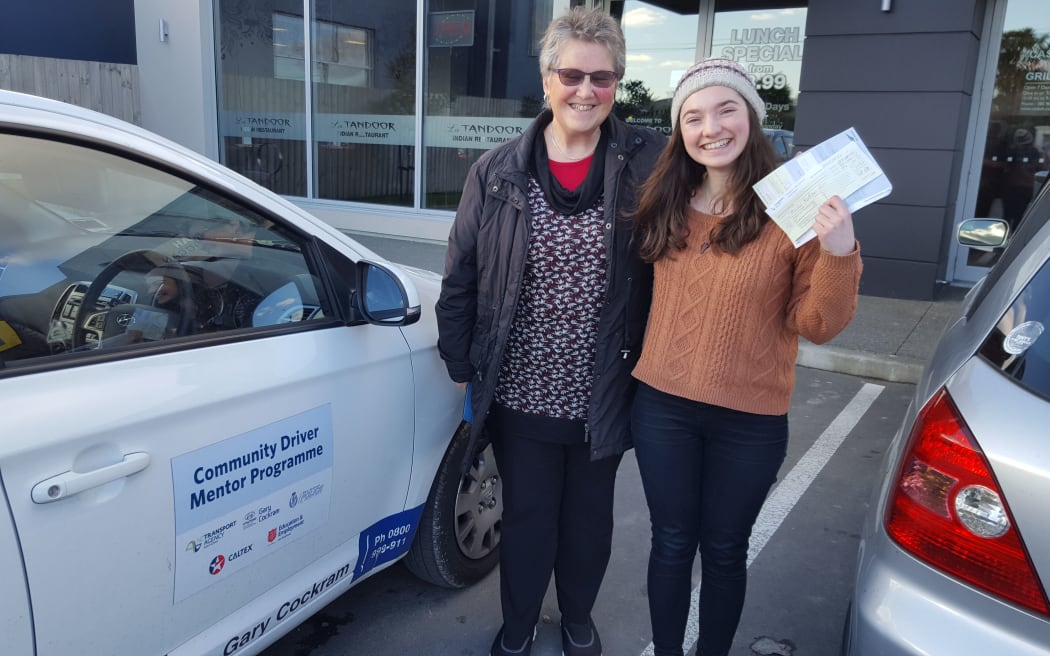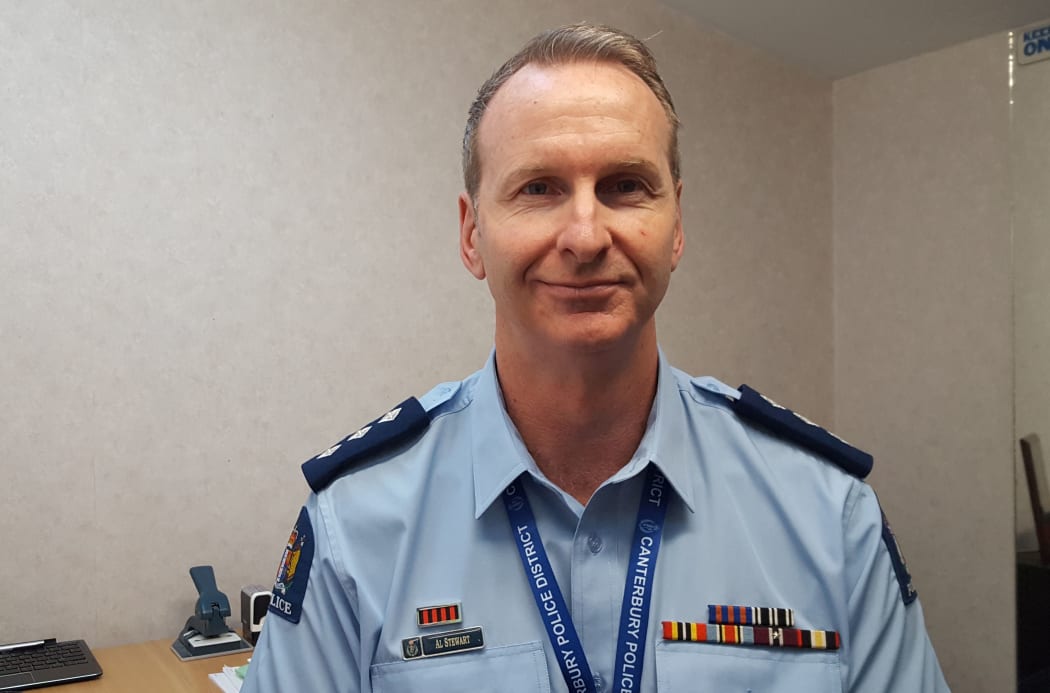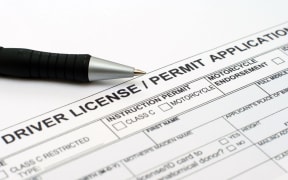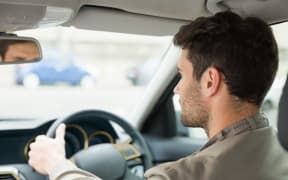A service helping drivers who may face jail or up to $26,000 in fines as a result of not getting their full licence is fully booked to next year and is having to expand.
The Salvation Army has been working with police in Christchurch to reduce the number of people staying for long periods on their restricted or learners licences.

Tutor Jen Little (left) with Rachel Hills who successfully passed her restricted driver licence test. Photo: RNZ / Rachel Graham
Canterbury road policing manager Inspector Al Stewart said more than 20,000 driver licence breaches in Canterbury pushed local officers into trying something different, and moving into the prevention area.
There were 19,426 such breaches in 2013, and the number has been rising with 20,705 in 2014, and 21,314 last year.
Restricted licence-holders are banned from driving between 10pm and 5am unless they have a supervisor in the car, have a reduced breath alcohol limit and cannot carry passengers except for family members such as children or a spouse.
If someone is caught driving in breach of their restricted licence they can get a fine and demerit points, and if they continue driving and get caught again they could end up losing their licence for three months.
They can sit a full licence test after 18 months.
In June, Canterbury police ran Operation Graduate, offering people caught breaching their restricted or learner's licence the chance to take part in a programme to go on to the next step with their licence rather than of paying a fine. It was run in conjunction with departmentd and agencies including corrections, MSD, and Adult Reading and Literacy.
A key part of the initative was the Salvation Army's Community Driver Mentoring programme in Aranui, run by Keran Tsering and Robyn Laurenson.
It has helped about 180 people move from their restricted or learner's licence on to the next step in gaining their full licence and is set to help another 106 people by the end of the year.
The courses were initially targeted at people aged between 16 and 24, but Mrs Tsering said they had had so many other requests they opened the programme to all ages.
She said they were inundated by people wanting help, and had a waiting list with no vacancies until at least early next year. People were directed to them from agencies such as the Ministry of Social Development or police, or approached them directly.
People often stayed on their restricted licences for years, she said, despite the serious implications if they got caught driver driving outside of the conditions.

Inspector Al Stewart said the high number of people breaching restricted licences in Canterbury led police to introduce a programme to help people get their full licence. Photo: RNZ / Rachel Graham
The Transport Agency was not able to supply national figures, but in 2012 a Cabinet paper said almost 100,000 people had sat on their restricted licence for more than six years, and almost 110,000 had been on a learners licence for more than six years.
Mrs Tsering said the most common reason people gave for not moving on to the full licence was fear of failing the test.
"We ask what do you fear most, getting pulled over by the police or sitting the test, and every single time its time its sitting the test. Its fear of the unknown ... fear of failure. "
Mrs Laurenson said she had worked with a man who had run up $26,000 in traffic fines due to driving with a restricted licence. She said they had dealt with a number of people who had opted for going to prison for three months because they could not pay the fine.
Mrs Tsering said many people also did not realise driving in breach of a licence could void insurance. They were recently told of a young woman facing a bill of $200,000 for causing an multi-car accident 15 minutes after her 10pm curfew.
Student Rachel Hills, 22, recently sat her test for her restricted licence. Before taking part in the Salvation Army training programme, she said, she didn't feel confident in taking the test, and lessons from her parents had been a struggle.
"Such a big step for me, because I have been on my learner's for about five years, and these guys have helped me out so much. I wouldn't have been able to do it without them."
She said she worked as a photographer, and lugging her gear on public transport or getting rides from friends was not working.
Ms Hills is the fourth person driving tutor Jen Little had helped with lessons. Mrs Little said it was hugely satisfying work. "I just love it. It is so rewarding to see people come from lacking confidence to growing in confidence to passing the test.. I don't stop smiling either."
Mrs Laurenson said they were always in need of more mentors. Volunteer tutors were given some training and assessment and then took the drivers out for two one-hour driving lessons a week.
The Salvation Army programme is run with assistance from the Transport Agency, the Ministry of Social Development, police and private sponsors including Gary Cockran Hyundai, which supplies a car for people to practise in.
There is now more incentive then ever to move on to the full licence, with new rules introduced by NZTA in 2014 which brought in a five year limit to holding a restricted licence, which kicks in the next time you renew your licence.




